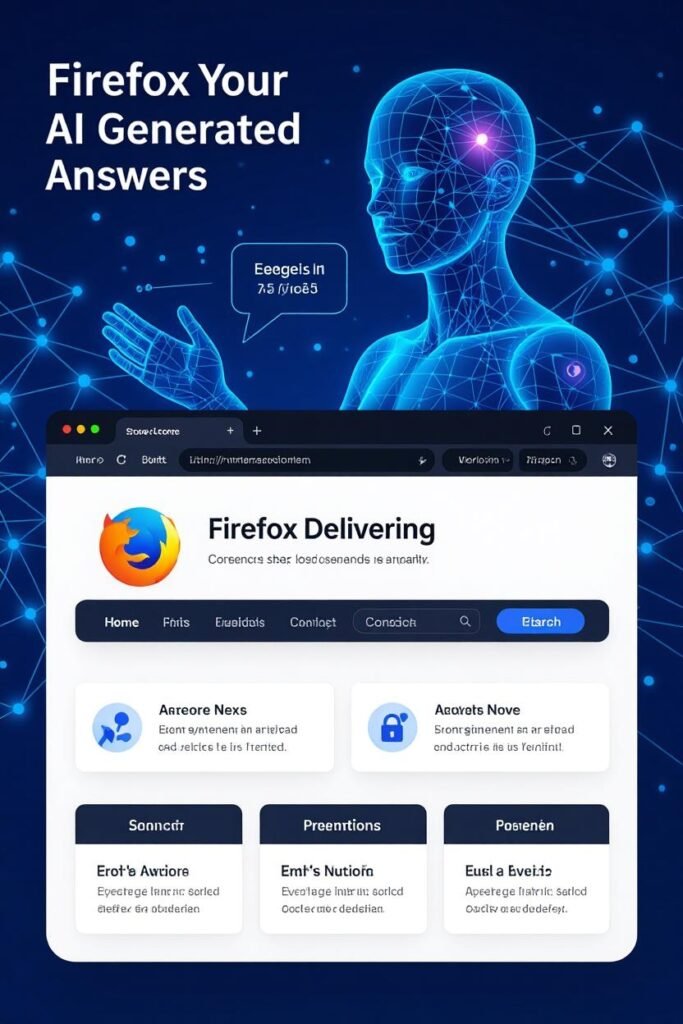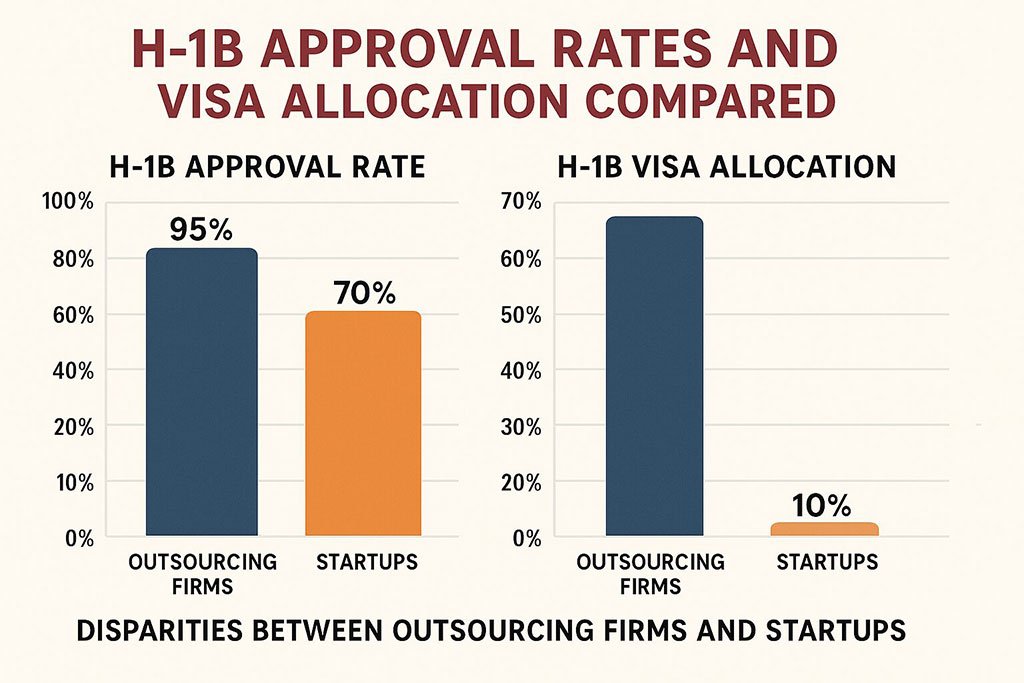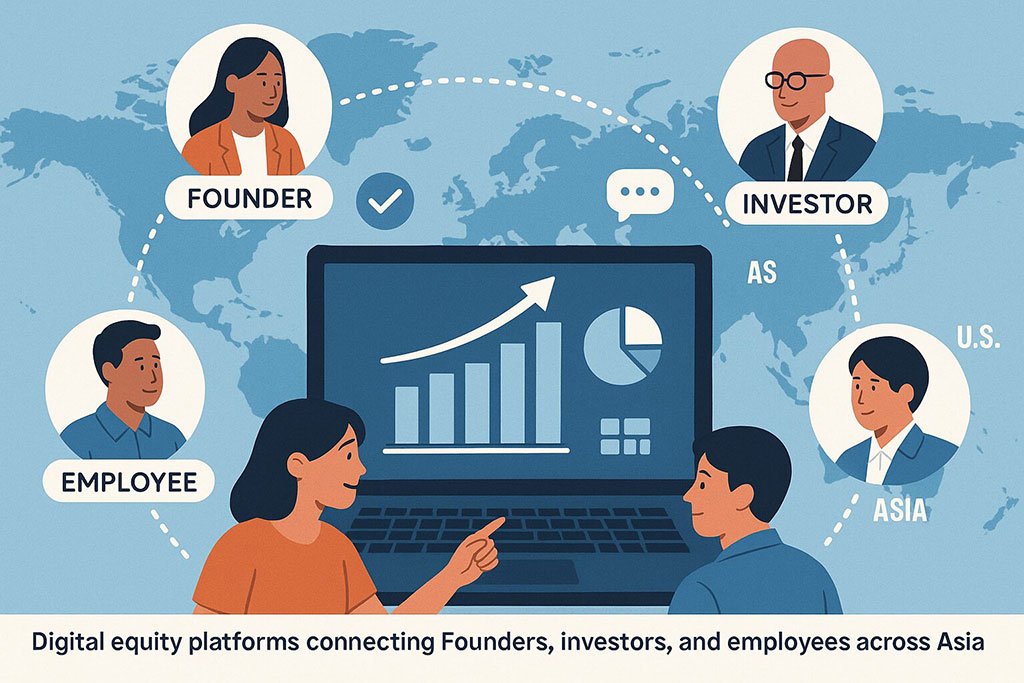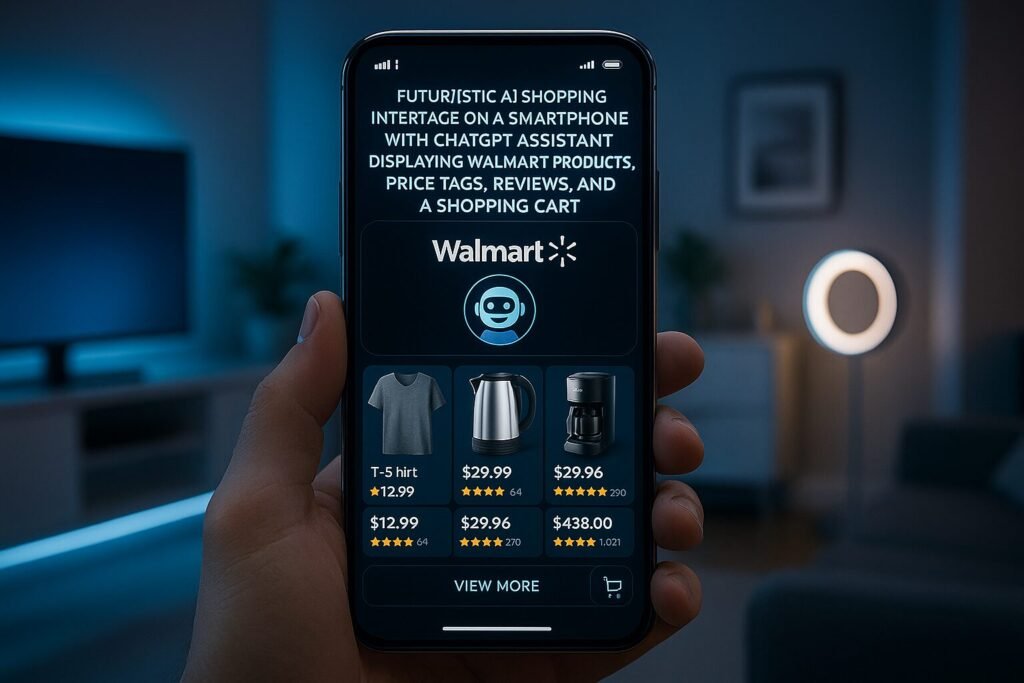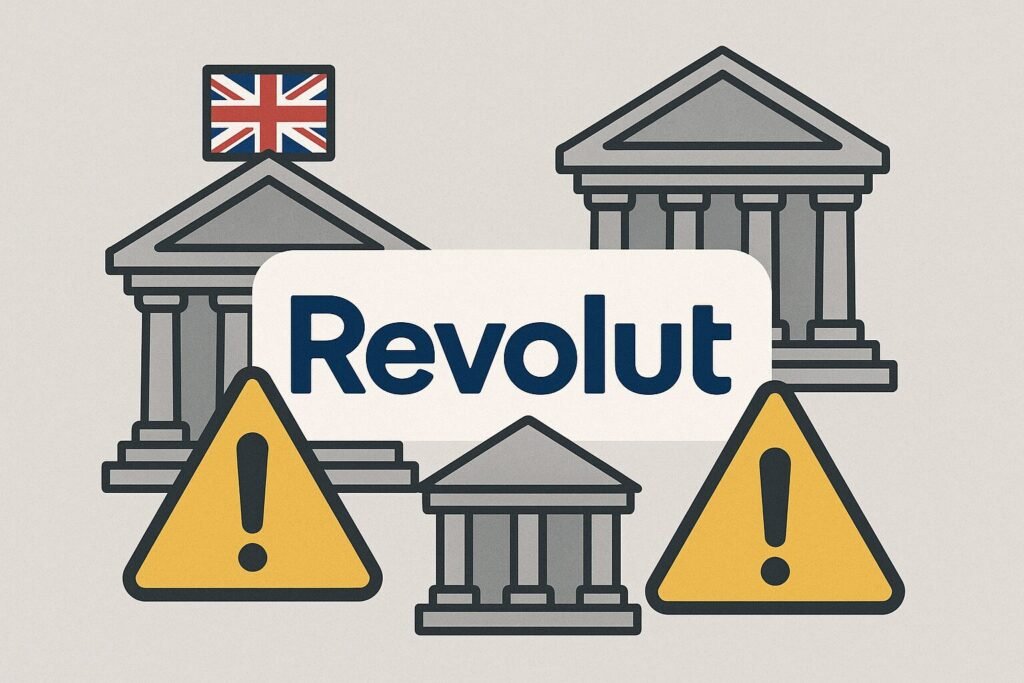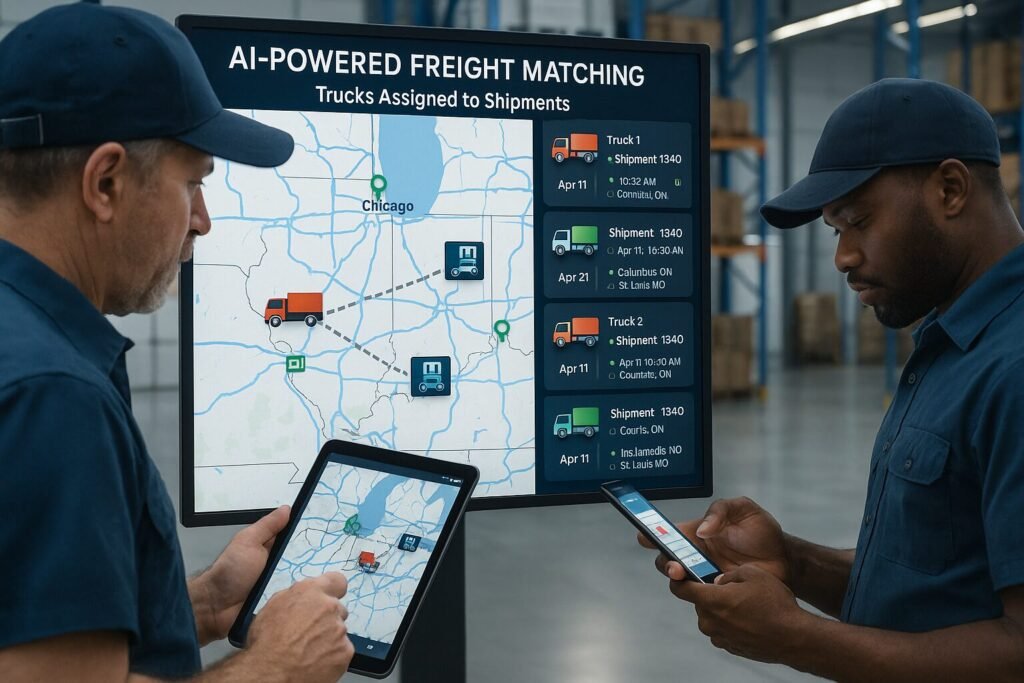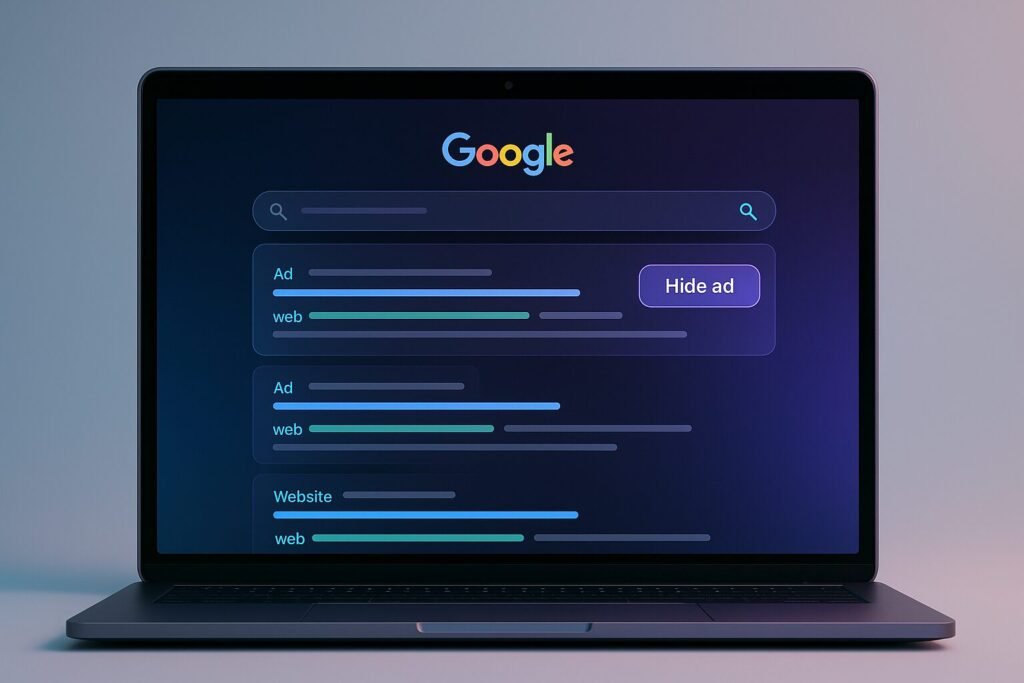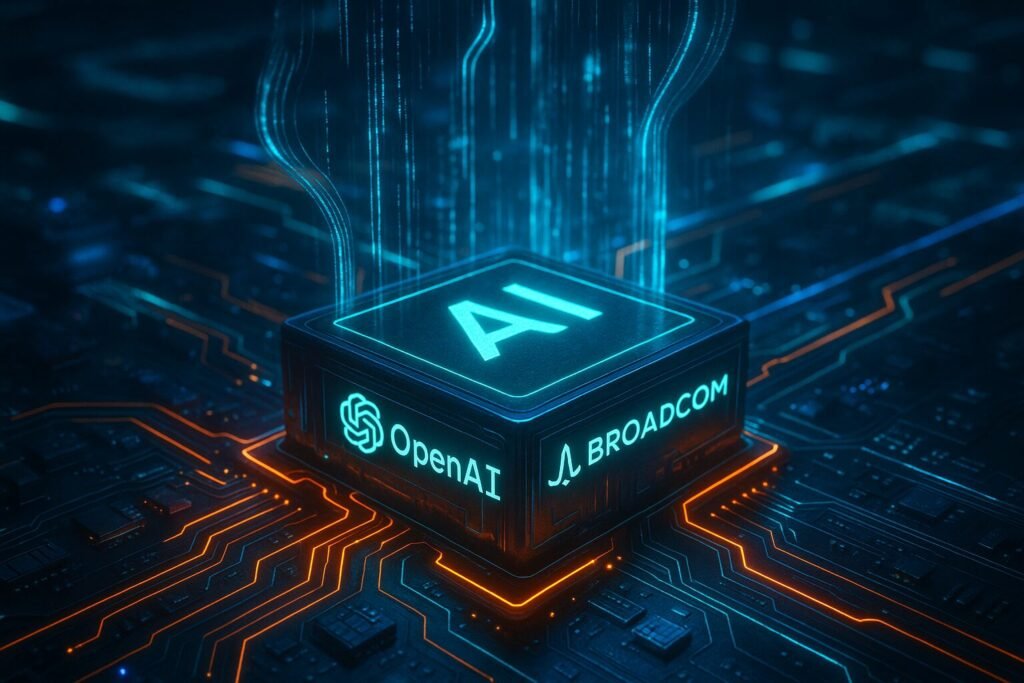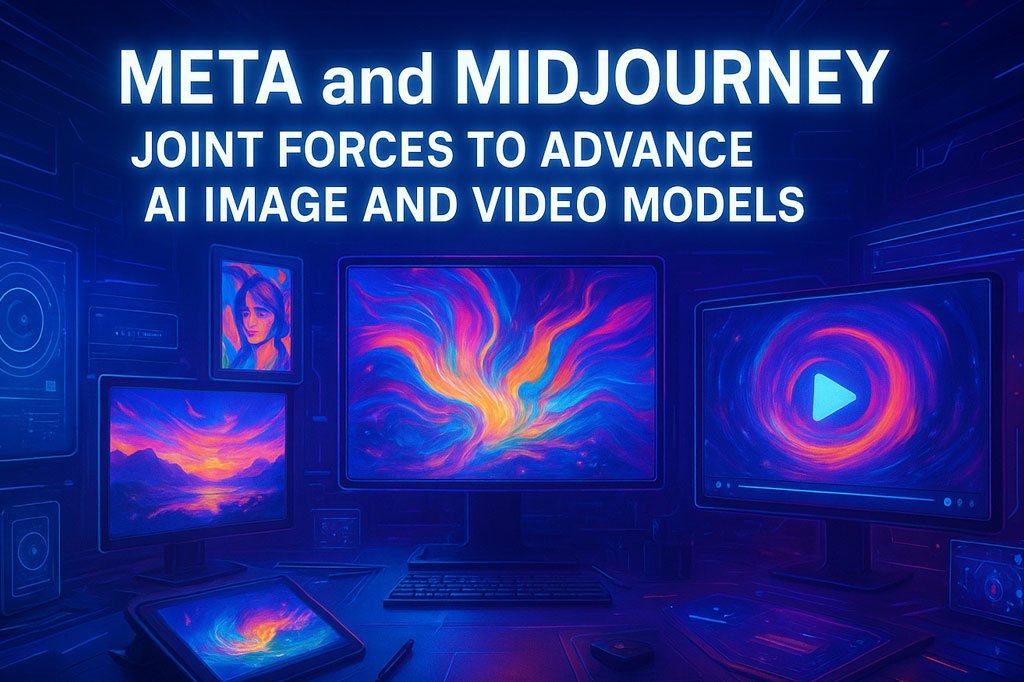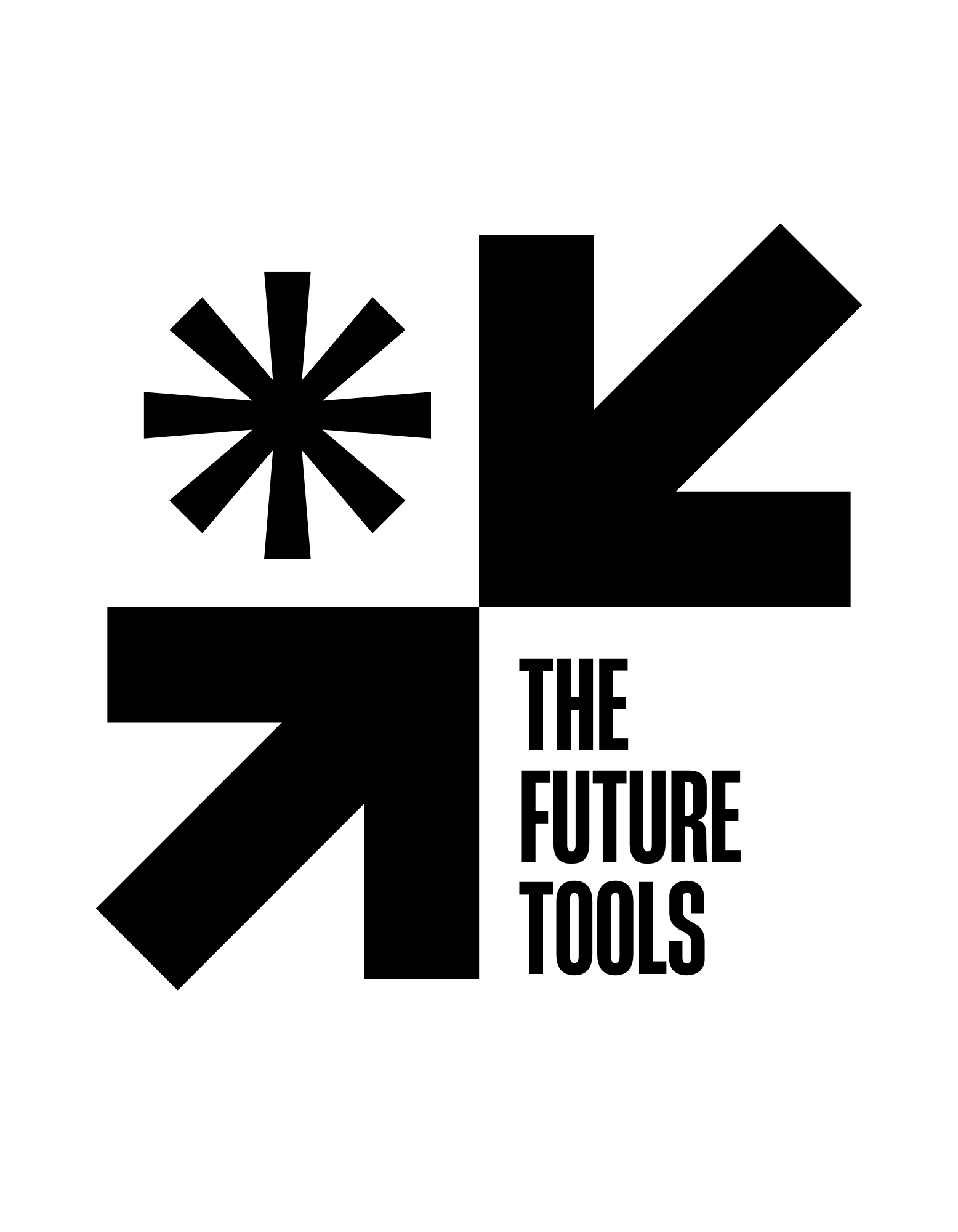Now Reading: Meta Seals $10B Google Cloud Deal to Supercharge AI
-
01
Meta Seals $10B Google Cloud Deal to Supercharge AI
Meta Seals $10B Google Cloud Deal to Supercharge AI
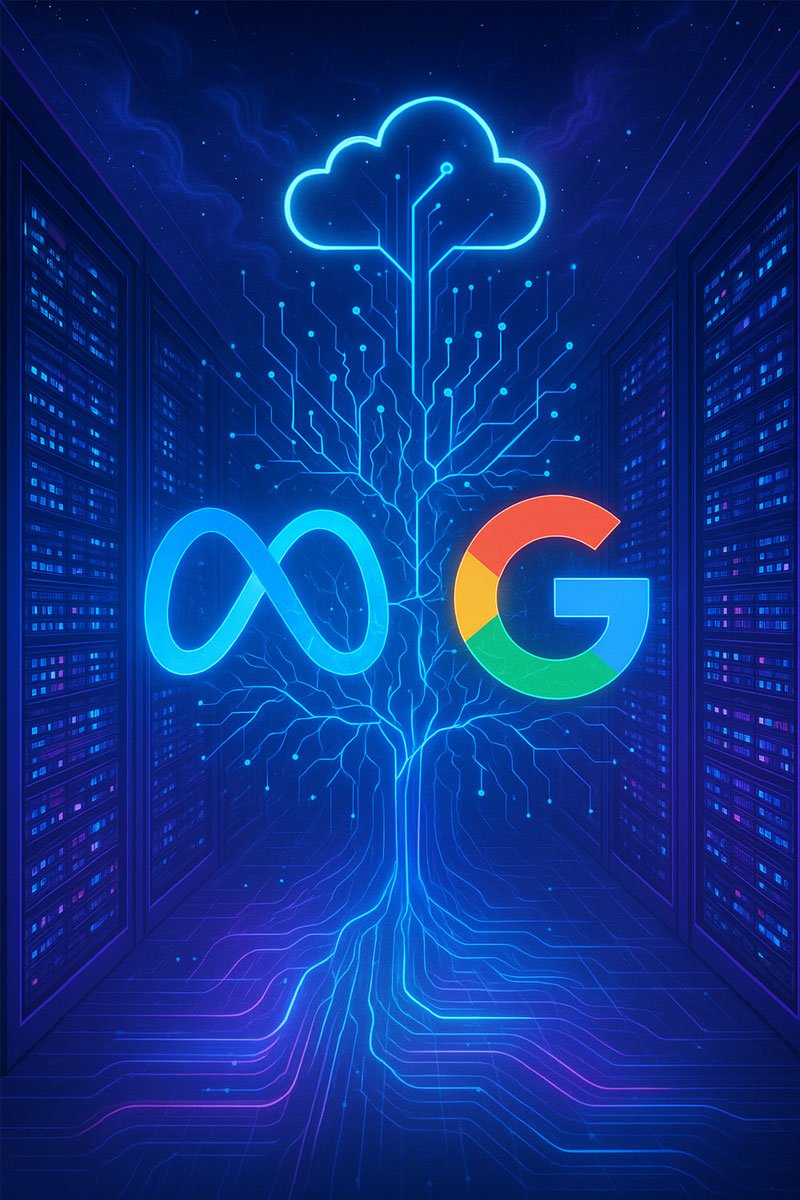
The Landmark Deal
Meta has inked a monumental $10 billion deal with Google Cloud. This multi-year agreement, spanning over six years, positions Meta to leverage Google Cloud’s robust infrastructure to fuel its ambitious AI initiatives. Announced amid growing demands for advanced computing power, the partnership highlights how even rivals in the advertising space can collaborate on foundational technologies like cloud services to push the boundaries of AI innovation.
The deal comes at a time when AI is transforming industries, from social media to e-commerce, and requires immense computational resources. Meta, the parent company of platforms like Facebook, Instagram, and WhatsApp, has been investing heavily in AI to enhance user experiences, content moderation, and personalized advertising. By committing such a substantial sum to Google Cloud, Meta is signaling its intent to accelerate these efforts, potentially outpacing competitors who rely on in-house or alternative cloud solutions.
Why Meta Chose Google Cloud for AI Acceleration
Unmatched Scalability and AI-Specific Tools
Google Cloud stands out for its scalability, offering vast data centers equipped with cutting-edge hardware optimized for AI workloads. Meta’s decision to partner with Google stems from the need for high-performance computing that can handle the training of large language models and complex neural networks. Google Cloud’s AI Platform provides tools like Vertex AI, which streamline model development, deployment, and management, allowing Meta’s engineers to focus more on innovation rather than infrastructure management.
Moreover, Google Cloud’s integration with Tensor Processing Units (TPUs) – custom-built accelerators for machine learning – offers superior efficiency compared to general-purpose GPUs. This efficiency translates to faster training times and lower energy consumption, crucial for Meta’s sustainability goals amid increasing scrutiny on tech’s environmental impact.
Cost-Effectiveness and Strategic Alignment
While the $10 billion figure is eye-popping, it represents a calculated investment in cost savings over time. By outsourcing cloud needs to Google, Meta avoids the capital-intensive task of building and maintaining its own data centers at scale. Analysts suggest this deal could reduce Meta’s operational costs by optimizing resource allocation, especially for bursty AI workloads that demand peak performance sporadically.
Strategically, the alliance bridges the gap between Meta’s open-source AI ethos – seen in projects like LLaMA – and Google’s proprietary advancements. Despite their rivalry in digital advertising, where both companies vie for market share, this collaboration demonstrates a pragmatic approach: sharing infrastructure to mutual benefit while competing on end-user applications.
Overcoming Past Rivalries
Historically, Meta and Google have been at odds, with antitrust lawsuits and competitive tensions. However, the AI boom has shifted priorities. Meta’s choice of Google Cloud over alternatives like AWS or Azure might stem from Google’s proven track record in AI research, including contributions to transformers and multimodal models. This deal could also signal a thawing in relations, fostering an ecosystem where tech giants cooperate on backend tech to drive forward progress.
The Impact on Meta’s AI Ecosystem
Enhancing Core Products with Advanced AI
With this infusion of cloud power, Meta is poised to supercharge its AI-driven features across its suite of apps. For instance, AI-powered content recommendations on Instagram could become more precise, using real-time data processing to tailor feeds instantaneously. Similarly, WhatsApp’s chatbots and virtual assistants might evolve into more sophisticated tools, handling complex queries with natural language understanding enhanced by Google Cloud’s capabilities.
In virtual reality and the metaverse – areas where Meta has staked its future – AI will play a pivotal role in creating immersive experiences. The deal enables faster rendering of AI-generated environments, potentially revolutionizing how users interact in digital spaces.
Boosting Research and Development
Meta’s AI research division, known for breakthroughs in computer vision and natural language processing, will benefit immensely. The additional cloud resources allow for larger-scale experiments, such as training models on petabytes of data from Meta’s user base. This could lead to advancements in areas like ethical AI, bias mitigation, and multimodal integration, where text, images, and video are processed seamlessly.
Furthermore, the partnership might accelerate Meta’s push into generative AI, competing directly with tools like ChatGPT or Google’s Bard. By leveraging Google Cloud’s infrastructure, Meta can iterate faster, bringing new AI features to market ahead of schedule.
Navigating the Competitive Landscape
Implications for Other Tech Giants
This deal sends ripples through the industry. Amazon Web Services (AWS), the market leader in cloud computing, might see this as a challenge, prompting them to ramp up AI-specific offerings. Microsoft, with its Azure and OpenAI partnership, could intensify efforts to attract similar high-value clients. Meanwhile, smaller players like Oracle or IBM might struggle to compete on scale, highlighting the consolidation in cloud AI services.
For Google, securing Meta as a client bolsters its cloud division, which has lagged behind AWS in revenue. This $10 billion commitment validates Google Cloud’s AI prowess and could attract more enterprise deals, positioning Google as the go-to for AI-intensive workloads.
Broader Industry and Regulatory Considerations
As AI investments soar, regulatory bodies are watching closely. The deal might invite scrutiny under antitrust laws, given the concentration of power among a few tech behemoths. Questions around data privacy arise, especially since Meta’s user data could interact with Google Cloud’s systems, necessitating robust safeguards.
On a positive note, this collaboration could democratize AI access. If Meta shares insights from its enhanced capabilities, it might spur innovation across startups and academia, fostering a more inclusive AI future.
A New Era in AI Collaboration
Looking ahead, Meta’s $10 billion bet on Google Cloud marks a pivotal shift toward hybrid ecosystems where competition and cooperation coexist. As AI continues to evolve, such deals will likely become commonplace, driving exponential growth in capabilities. For consumers, this means smarter, more intuitive digital experiences; for businesses, it opens doors to unprecedented efficiency.
In summary, this partnership not only supercharges Meta’s AI ambitions but also reshapes the tech landscape, proving that in the quest for AI supremacy, strategic alliances can be as powerful as solo endeavors.




